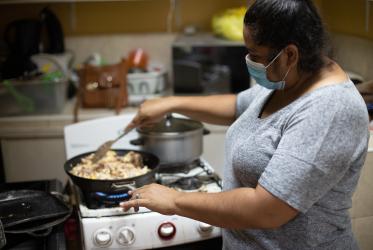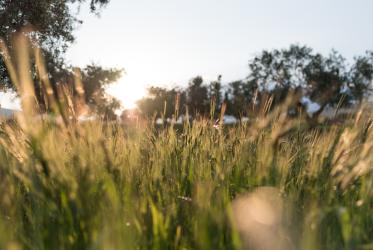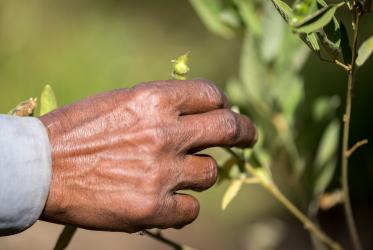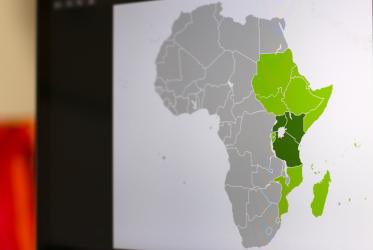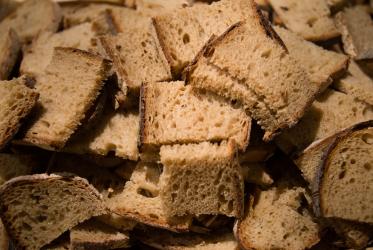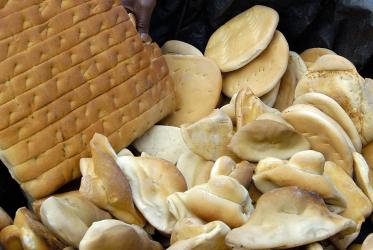Displaying 41 - 60 of 220
WCC invites webinar on ’Racism, Land and Food’
09 December 2021
Applications open for WCC Eco-School
22 October 2020
On World Food Day, “we pray for wisdom to care for the earth”
16 October 2020
ÖRK gratuliert Welternährungsprogramm zum Friedensnobelpreis
09 October 2020
